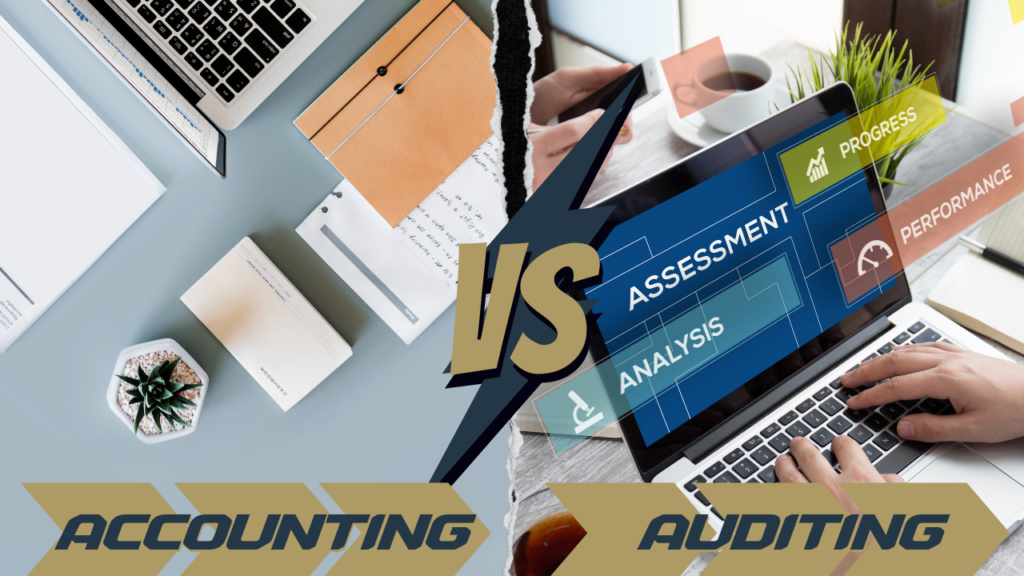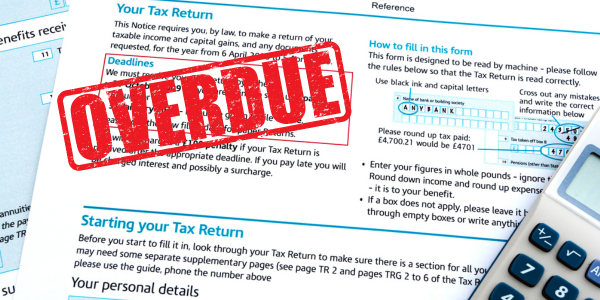Accounting vs Auditing: How Are They Different?

Accounting vs Auditing….which one? Whilst both accountants and auditors work closely with a business’s financial information, their roles are fundamentally different. In simple terms, accounting is the process of recording financial transactions and preparing financial information, whereas auditing is the process of reviewing and assessing financial information to make sure it is prepared correctly and fairly.
In this article, we will explore the distinctions between the two processes, giving employers insight into both areas and highlighting the importance of both accounting and auditing for a business and its key stakeholders.
What is accounting?
Accounting encompasses the management of every aspect of a business’s finances. This ranges from the processing of day-to-day transactions including sales and purchases, the preparation of financial reports and statements, and the formation of forecasts and budgets. Accountants are therefore a vital part of a company’s management system because the information they produce supports businesses to make important decisions, such as:
- whether to cut spending due to a low turnover forecast
- how to fund planned business growth
- whether the company starts selling another product.
There is no requirement for accountants to be independent of the company they work for or for them to hold an appropriate qualification, although, of course, many do. To find out more about Perrys accounting services please see accounting page.
What is auditing?
Auditing is the review of the financial information produced by the accountant. The process involves corroborating the figures in the financial information by tracing them to supporting documents, such as third-party invoices and bank statements. This verifies the information and makes sure it is:
- true and fair
- materially correct
- prepared in accordance with relevant legislation.
Auditors must hold a relevant qualification and be a member of a recognised professional body such as the Institute of Chartered Accountants of England and Wales (ICAEW). Auditors must also be independent and objective. As a result, an audit should significantly increase the reliability of financial information, enabling businesses and stakeholders to make decisions with greater confidence. To find out more about our auditing services, please see our statutory audit page.
Conclusion
Mostly small to medium-sized businesses do not require their accounts to be audited. But those that do, or those that choose to have an audit, even though not required to, may feel that an audit gives them greater comfort in the numbers. Therefore together, accounting and auditing play a crucial role in business management and stakeholder decisions.
Here at Perrys we can help with both accounting and auditing. If you need any further help, please contact your local Perrys branch.








